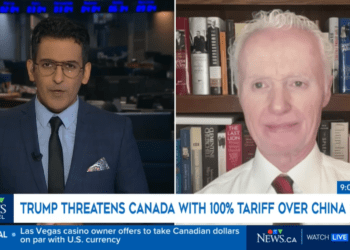Thanks for this post, Brian. As far as I can tell, this story has all but been completely overlooked by the media. Perhaps Olympic fever has clouded our vision…
Tahir ul-Qadri’s anti-terrorism fatwa follows a string of similar renouncements issued by other terrorist leaders and groups. Most recently, the Libyan Islamic Fighting Group (LIFG) – an Islamist organization, with ties to al Qaeda, responsible for decades of terrorism in North Africa – issued a lengthy fatwa in August 2009. A translated summary can be read thanks to the UK’s Quilliam Foundation.
Like Qadri’s document, the LIFG punch serious theoretical and theological holes in the arguments proposed by the legitimizers and facilitators of Islamist terrorism. However, unlike Qadri, the LIFG’s leadership came in from the cold. That is, these guys had at onetime actively supported terrorism but through debate turned their backs on the sort of violence they had earlier encouraged.
Similarly, Qadri is a Western voice, whereas the LIFG is a regional one. As a result, the LIFG’s recantations offer a light to others already active in Islamist terrorism in the Arab-Muslim world while Qadri’s rulings galvanize those that already condemn terrorism and might persuade Western fence-sitters. Either way, the anti-terrorism norm is strengthened. It is in combining both sorts of rulings that serious progress is made to delegitimize Islamist terrorism both in the Muslim-Arab world and in the West.
What needs to be done next? Qadri’s fatwa needs to be more broadly disseminated by the Western media. We’re absolutely failing in this regard. Brian’s post is a good start, but much more certainly needs to be done. Considering that it is in London’s – and Ottawa’s – best interest to support Qadri’s message, perhaps they should have a (hidden) hand in ensuring his and other denouncements reach the widest audience possible. Western Muslim religious and community leaders should also have an opportunity to vocally endorse Qadri’s ruling, turning his singular message into an organic and growing anti-terrorism movement.
Until then, we’ll collect these small victories but we’ll do so without informing a broader counterterrorism strategy. That’s no way to win a war.




